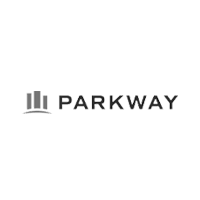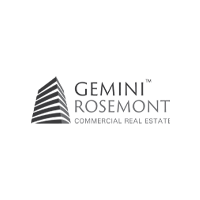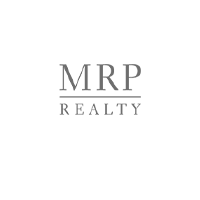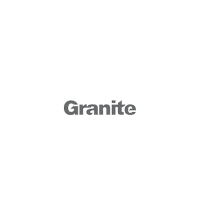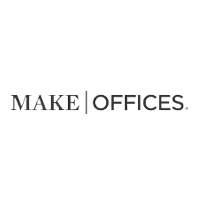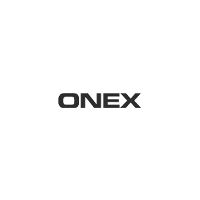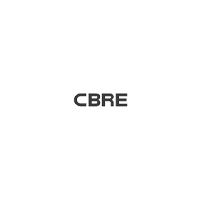Innovation at the convergence of people, work and place
Choppy waters in a time of inflection and transformation
Adaptiv has the thought leadership and depth of expertise to steer clients through this turbulence.
Technological accelerations now enable employees to challenge traditional work norms. Economic uncertainty now requires increased enterprise agility. Climate change now drives a need for increased corporate sustainability. These factors are causing businesses to think differently about how they design strategies for work.
Converging silos are inevitable
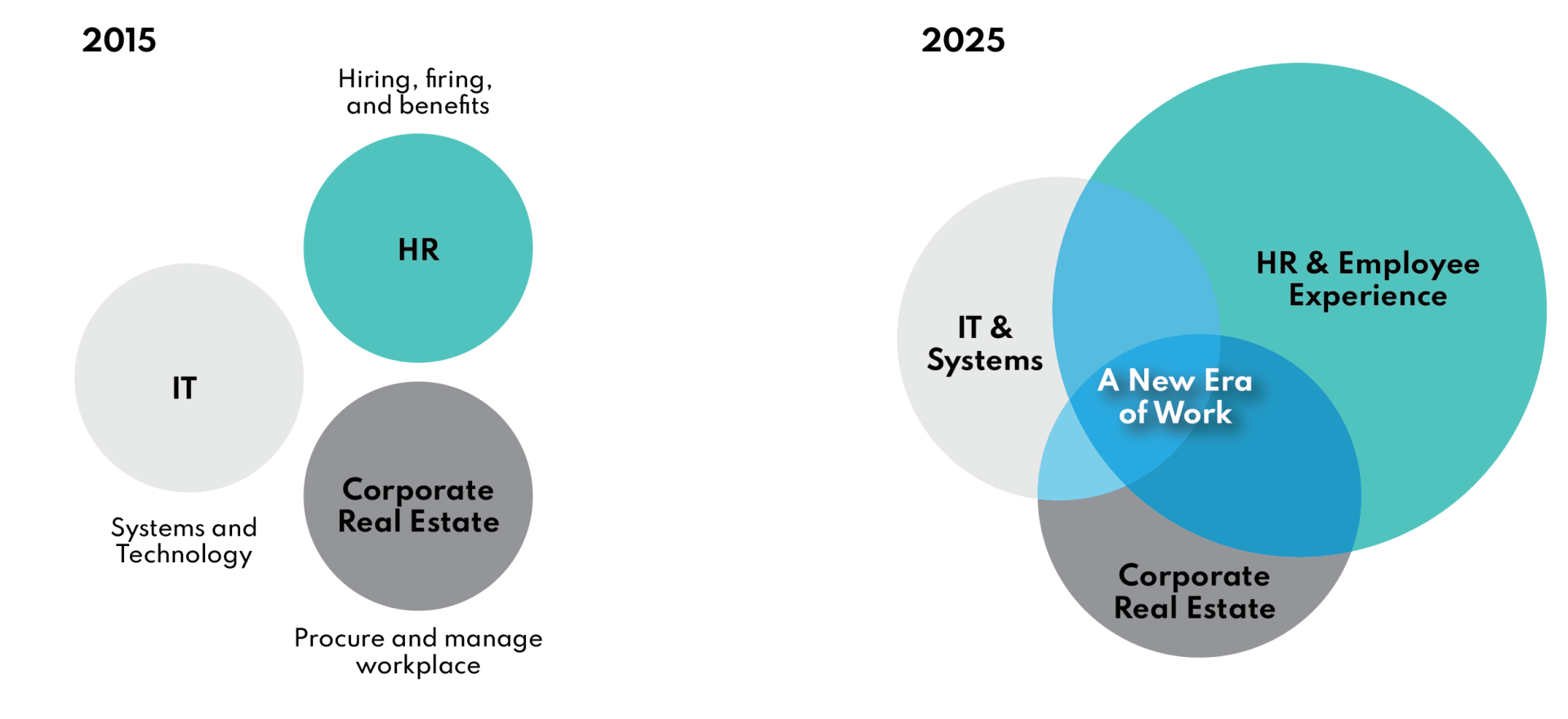
This requires changes to enterprise work strategies, as well as to business models across industries.
Adaptiv crafts bespoke solutions that deliver value and sharpen competitive edge
Deeply Experienced Leadership
Adaptiv's team of thought leaders span business operations and functional areas such as HR, employee experience and corporate real estate, as well as commercial real estate investment, operations, management and technology.
Jeffrey Langdon
MANAGING PRINCIPAL
Accomplished c-level executive, entrepreneur, and acknowledged thought leader. During his career, Langdon has more than once been on the cutting edge in multiple industries.






